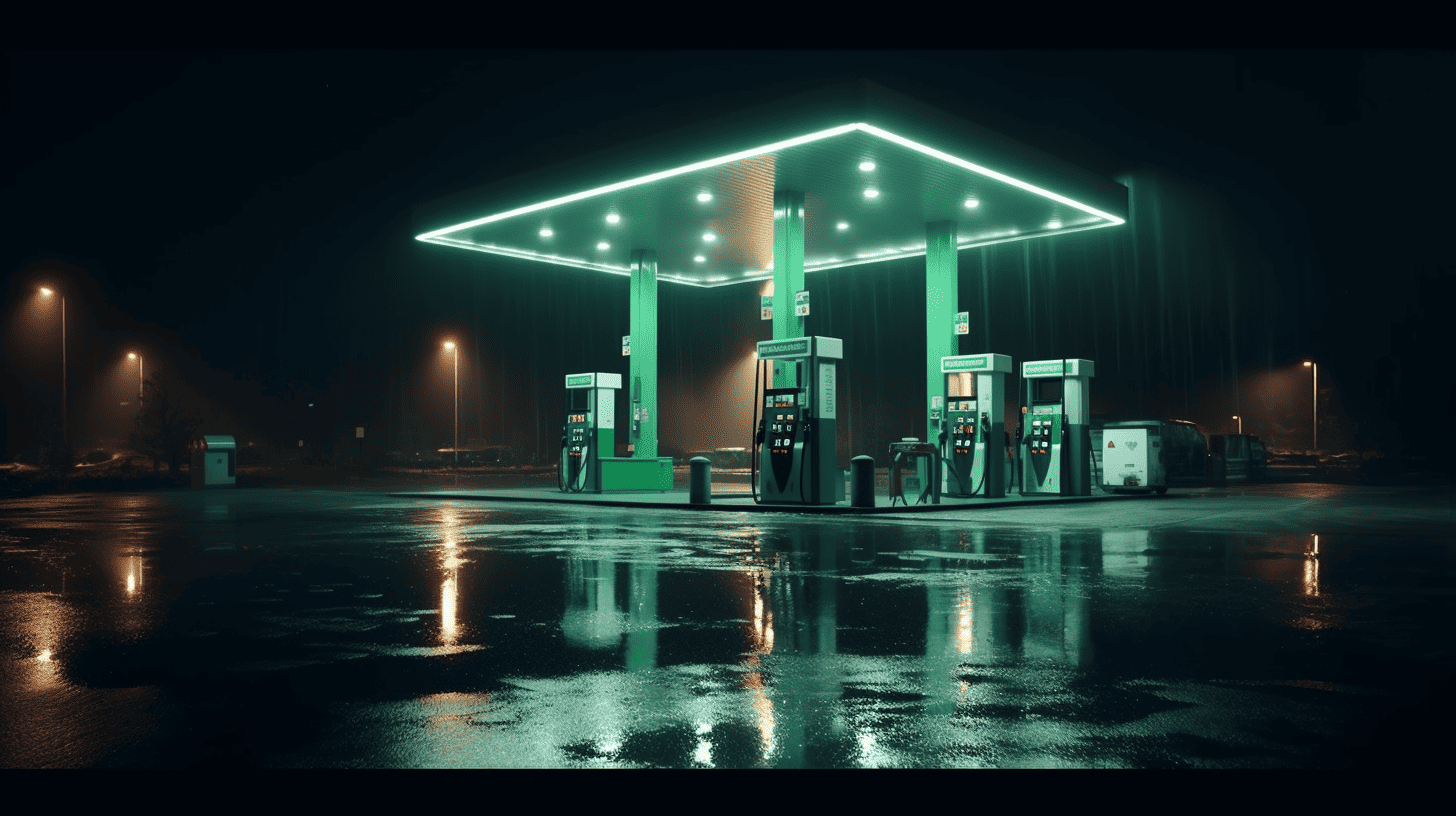
Hydrogen, provided it is made from green energy, is the magic word for the energy transition. The most common element in the universe is the lightest gas that we know of. An energy carrier with an energy density three times greater than natural gas. It can be used for circular Co2-free storage and the production of renewable energy. Trucks can run on it. Heating networks for industry and households can be powered by it. And it is an indispensable raw material for industry.
Meanwhile, we are planning to disconnect 1.5 million households in the Netherlands from the gas network by 2030. As of this year already, every Dutch municipality has a plan in place to phase out natural gas. And we aim to be completely rid of our addiction to fossil fuels by 2050.
Enormous task
Currently, 80% of our energy mix is still made up of fossil fuels. So, an enormous task lies ahead of us. It is safe to say that the energy transition will be the largest renovation in the Netherlands since the Delta Works.
Action desperately needs to be taken, our natural gas reserves are running out. The extraction process up North was causing small tremors. And climate change unexpectedly took on a legal dimension in the Urgenda climate case. The court ruled that the Dutch government had to reduce CO2 emissions as soon as possible. From a geopolitical point of view, having to kowtow to Putin and his gas supply does not feel very comfortable either.
So, we are getting rid of the gas. But are we really going to be able to do that so easily? There are plenty of neighborhoods where -as we speak- the gas network is being renewed while those same neighborhoods are on the nomination list to be disconnected from the gas network. It is crucial that we get a grip on this. No doubt this is something for the first working day of a much-needed Minister of Spatial Planning. A new position for which there now seems to be sufficient political support for in The Hague.
Scaling up takes time
And we shouldn’t throw the baby out with the bathwater. A condensing boiler sources nearly 100 percent of its energy from natural gas. We have the best gas network in the world. We know a great deal about gas, and we will need it for a while to come. After all, scaling up sustainable energy takes time. Which is why countries like Germany are expanding their gas networks.
So, why are we dismantling our excellent gas infrastructure? Out with natural gas out and in with hydrogen, it seems. The network for transporting hydrogen gas is already installed underground and can be made compatible with a few minor adjustments. The energy network of the future is already in place.
About this column
In a weekly column, written alternately by Wendy van Ierschot, Eveline van Zeeland, Eugene Franken, Jan Wouters, Katleen Gabriels, Mary Fiers and Hans Helsloot, Innovation Origins tries to figure out what the future will look like. These columnists, occasionally joined by guest bloggers, are all working in their own way on solutions to the problems of our time. So that tomorrow is good. Here are all the previous articles.







